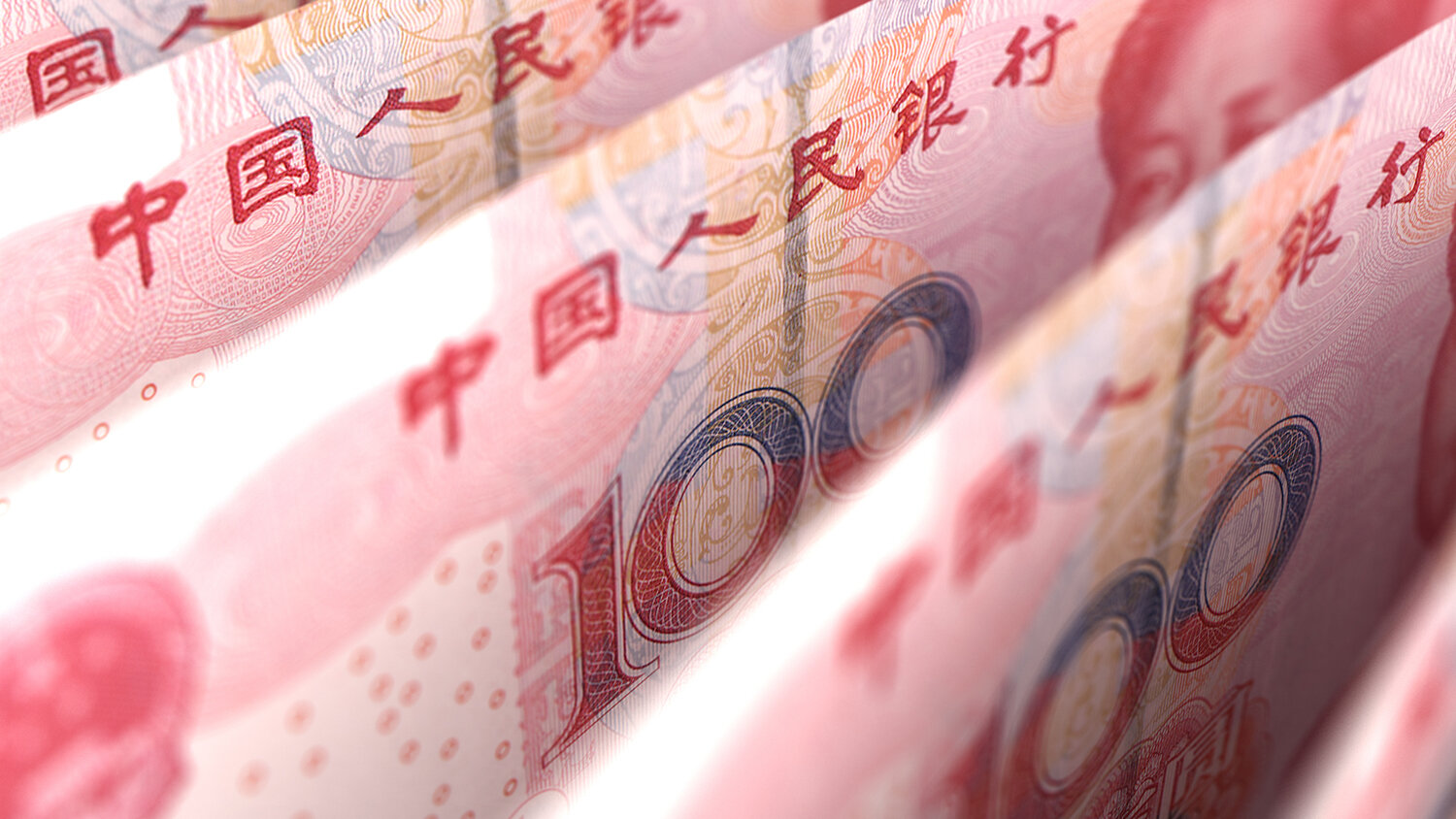New financial instrument gives oil-exporting nations their long-sought alternative to the petrodollar.
China will soon introduce a crude oil futures contract denominated in yuan and convertible into gold, the Nikkei Asian Review reported on September 1. Analysts say that since China is the world’s largest oil importer, the move could deal a major blow to the global influence of the United States dollar.
The contract would allow oil exporting nations such as Russia, Iran and Venezuela to conduct sales in yuan, instead of in U.S. dollars, and to then change the yuan into gold on both the Hong Kong and Shanghai exchanges. This would also allow these countries that often fall afoul of American foreign policy to circumvent dollar-based U.S. sanctions.
The Chinese government has been developing the gold-backed futures contract for years, and Oilprice.com reports that it is expected to launch this year. It will be China’s first commodities futures contract available to foreign entities, and analysts expect many oil-exporting nations and firms to find it appealing. Continue reading

